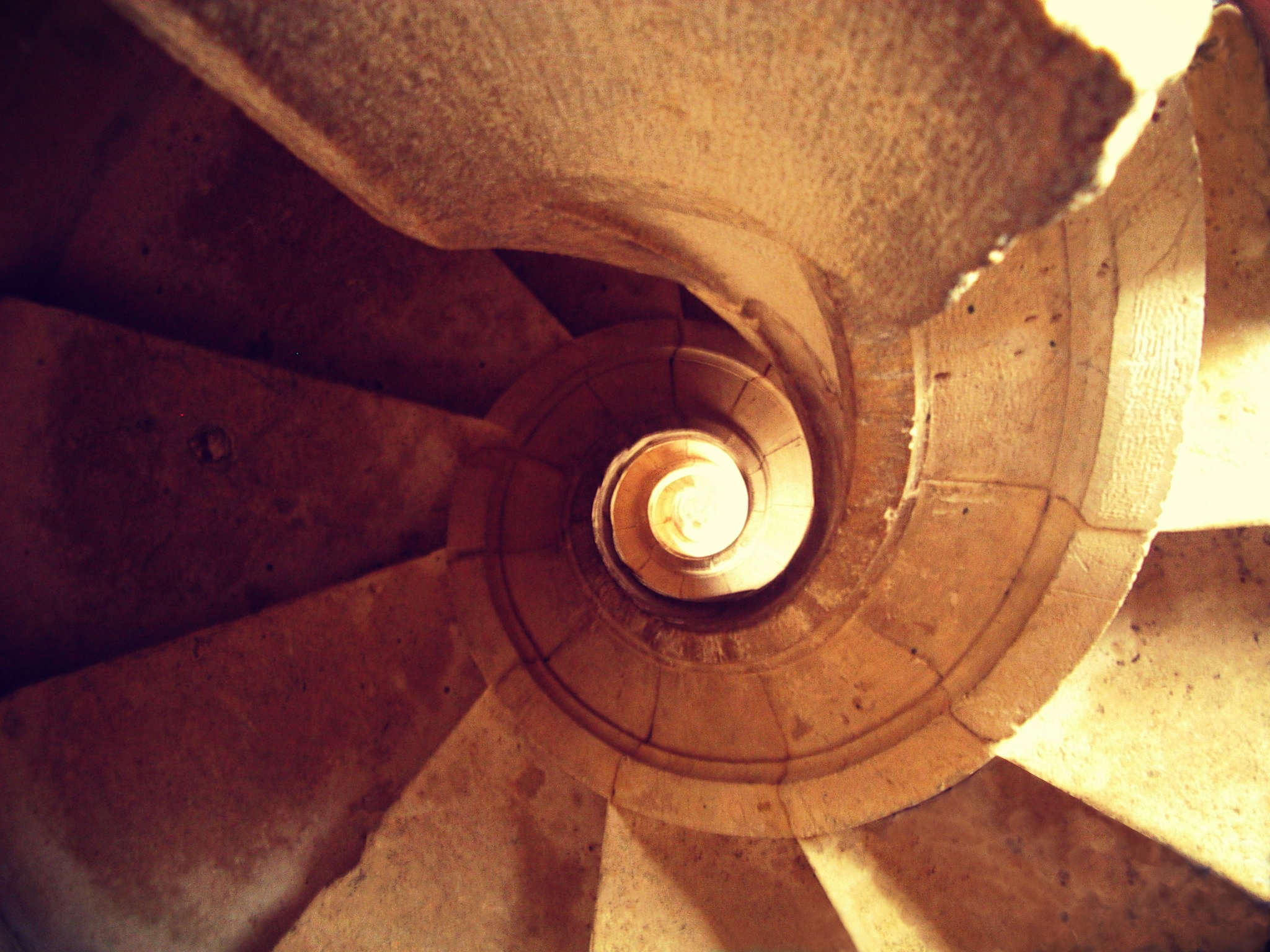I want, therefore I am

Immanuel Kant’s old adage “I think; therefore I am” has been floating around in our culture for a long time. It paints a picture of the human person as a thinking animal—separated from the rest of creation by Reason. We can think, and think about ourselves thinking, and this sets us above the impulses that drive the animals.
But it doesn’t match very well with our daily experience, does it? Does reason really sit above our passions and desires? How often do we go about our day detached, calmly observing our surroundings and making cool, rational decisions? Who hasn’t been pushed around by the impulses coming from their own bodies?
Desire is a powerful force that runs like a deep undertone across our whole lives. Everything we do is driven by desire. From the so-called base desires for food, safety, and sex, to the so-called higher desires for beauty, recognition, friendship, and love, desire is the fuel that propels us from one action to the next, across the hours, days, and years of our lives. We may think and reflect on what drives us, or we may not—but in either case, desire drives us.
The ancients knew this. Much of the birth of philosophy had to do with exploring what the good life looks like—what the passions are that drive us, and what to do about them. Israel spent a lot of time and energy mulling over the boundaries of desire laid down in the law, erecting complex social rules to attempt to keep desire in its proper channels, but history showed that more often than not, this was a futile exercise. Into this broken enterprise came Jesus, who came at the problem from an entirely new angle. He rightly pointed to the root of the problem—the human heart itself, the source of all of our passions and desires. Out of this cauldron, said Jesus, comes every thought and deed (Matthew 15). We see the fruit of this in the world all around us.
Most these days seem to think of Christianity as repressing or restraining desire. This is commonly seen as a bad thing, though anyone with a moment’s reflection can see that some desires must be repressed and restrained, and that some are to be cultivated and enjoyed if we are to live with one another at all. The question becomes, which desires? In our hyper-individual world, this has become the most important question, since we have no other way to cultivate our identity except in reference to our desires. I want these things; therefore, this is who I am. No one is allowed to question what I desire, because no one is allowed to question who I am.
In this confused and muddled thinking, Jesus breaks in and offers a different way. He announces a shocking reality at odds with everything we thought we knew: the small, stunted identities we cook up for ourselves are revealed for limp, silly facades that pale in the light of the gale-force love God has always had for us. We find ourselves wanted. God himself desires us—longs for us—and has moved heaven and earth to draw near to us. This shocking reality unravels the tangled desires of our hearts. It overwhelms the desires we once thought so important to who we are. Then he holds out his hand and waits for us to take it, leading us into a new way of life—one in which we pick up the broken pieces of the desires we thought to sweep away, and we find in them evidence of our original design.
With careful obedience to all that Jesus said and taught, we find ourselves pulled into a story larger than we could see in the beginning. We find that we were made to play our beautiful part and that desire plays a critical role in moving us along in that story. Our deepest desires need no longer be repressed or restrained because they are transformed. The heat and light of God’s love for us reforges the inner places of our heart and new desires emerge—strong, abiding passions to love God, to love all those he loves, and make brilliant use of all the creative passions he had kindled in our hearts even from birth.
Desire drives us toward God. His desire for us awakens in us our need and longing for him. And as the deepest places in us call out, we find Jesus deep inside, continuing his work in our hearts as we follow him. He roots out some desires that lead only to death or heartache. Other desires he channels into new courses where they find new strength and produce rich, abiding fruit. And all the while, our love for God grows and our capacity to receive and give love grows.
This is his kingdom come, his will done on earth as it is in heaven.
What desires drive you? What desires have you let run rampant for too long, dragging you away from the good life? What desires do you need to cultivate and fan into flame?









Leave a Comment